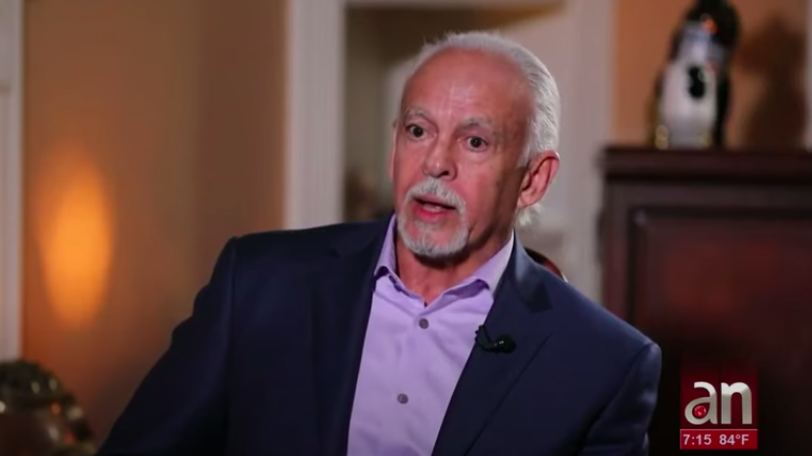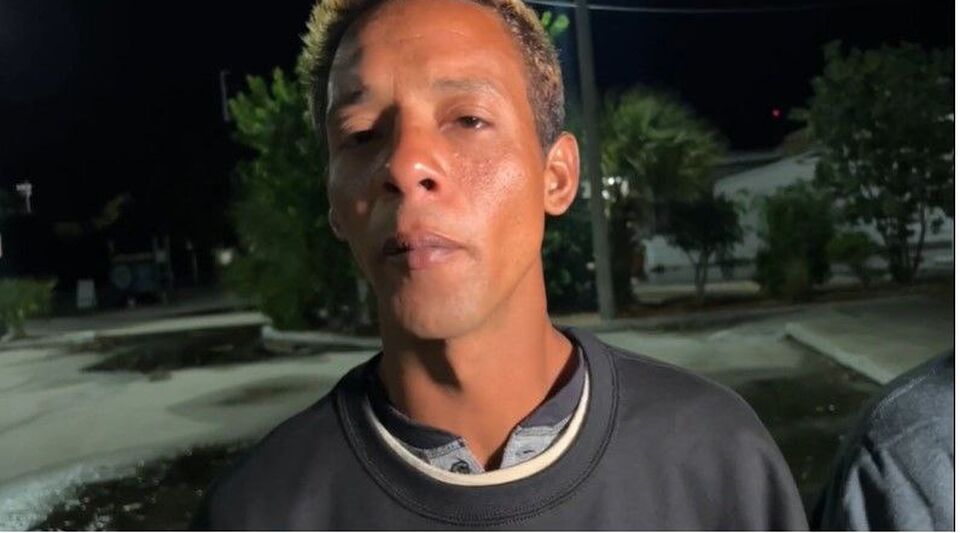MIAMI, United States.- The political documentary genre is consubstantial to the history of the contemporary world. Although it speculates with reality, the subjective point of view of its filmmakers, the idea of seeking and demonstrating a thesis usually directs the way of dramatizing circumstances that have public appeal.
The dictatorship that divided Cuba in 1959 has concocted until today the ideological antipodes of the cinematographic narrative of the genre.
Castroism had from the beginning a propaganda production apparatus called the Institute of Cinematographic Art and Industry (ICAIC), which was pleased with an epic and laudatory documentary body of the regime and its gloomy figure from above, Fidel Castro, at that time considered a sort of paladin called to solve the social wounds of the republic, which he treacherously dismantled in a very short time.
On the opposite shore, producers and directors who had gone into exile, without logistical support and in the midst of an international intelligentsia that denigrated them as “worms” who had deserted the revolutionary panacea, did not take long to try to demonstrate that world communism planted its pike in La Havana and from there it would try to spread to the rest of the continent.
Today, the openly Castroist documentary filmography, which included the participation of the most distinguished directors of the ICAIC, including those who were later considered conflictive through their fiction films, has aged due to trying to conceptually and aesthetically protect the indefensible, while the films made in exileeven with their formal imperfections, write the pages of a truth distorted or obliterated by the dictatorship in its eagerness to silence opponents.
Since Cuba, satellite 13directed by Manuel de la Pedrosa, with the production of the legendary Eduardo Palmer, to the films made by the Institute of Cuban Historical Memory against Totalitarianism and those already mythical co-directed by Néstor Almendros, -Improper conduct, with Orlando Jiménez Leal and Nobody listened with Jorge Ulla-, going through the series that Agustín Blázquez and Humberto López Guerra managed to present, respectively, just to mention a few examples, the political documentaries of the Cuban exile were harshly attacked by the Castroists and their fellow travelers anywhere in the world where they will appear
However, seen from a distance of 63 years of intolerance and repression, the fateful history of the island can no longer be written without the testimonies that have been reported for posterity, about a regime that has left few records in images of its outrages or , as could be discovered later, that film archive has been kept safe.
Last week, Channel 41, AméricaTeVe of Miami, which has been in charge of producing audiovisual works of great value for the Cuban exile, parallel to the station’s regular programming, released the documentary Ric Prado, the warrior of the shadowsdirected by Claudio Pereyra, with the production of Miguel Cossío and Loreta Álvarez, and the journalistic collaboration of Daniel Benítez.
Enrique Ric Prado is a Cuban from Manicaragua who came to the United States at the age of 10, without his parents, during Operation Pedro Pan. He was educated in institutions in South Florida, including the emblematic Miami Dade College, and later dedicated his life to serving others, whether in rescue operations or safeguarding the integrity of the country that gave him and his family a second chance, serving as a member of the Central Intelligence Agency (CIA), for 25 years, where He obtained the highest degrees and venerable medals that pay tribute to his tireless work.
For the filmmakers of the documentary, with the desire to elucidate a life full of action, danger and extreme decisions, it was fortunate that these virtues belonged to a born narrator of great culture and sympathy like Ric Prado.
Both in his book Black Ops: The Life of a CIA Shadow Warrior, published to great acclaim last year, and in this documentary, Prado has set out to rescue the prestige and importance of the CIA for the security of American democracy. Usually a government agency called into question by Hollywood fantasy or open opposition from leftist influences within power in the United States itself.
Prado developed in distant and inhospitable scenarios of the cold war and terrorism with similar tenacity, without forgetting that he remembered and did justice for the abuses suffered by his family at the hands of Castroism, that ordinary form of communism that shocked him in his childhood.
This dichotomy adds human value to the documentary that shuns the usual jingoism to place the protagonist on the path of universal warriors for freedom.
The summary is exciting when the hard and seasoned man that Prado has been surrenders to the memory of his father, as he confesses, the origin of all his successes, of integrity and decency, which guided him along a glorious path.
OPINION ARTICLE
The opinions expressed in this article are the sole responsibility of the issuer and do not necessarily represent the opinion of CubaNet.
Receive information from CubaNet on your cell phone through WhatsApp. Send us a message with the word “CUBA” on the phone +525545038831, You can also subscribe to our electronic newsletter by giving click here.






